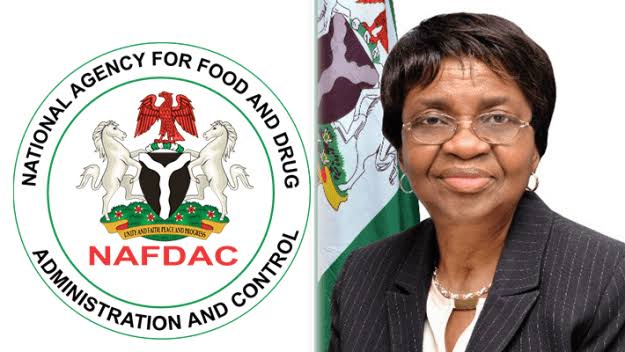The National Agency for Food and Drug Administration and Control (NAFDAC) has raised an alarm over a counterfeit cancer treatment drug, Phesgo 600mg/600mg/10ml, bearing batch number C5290S20.
The agency warned healthcare providers and the public about the risks associated with the fake product.
In a public alert (No. 051/2024) available on its website, NAFDAC revealed that Roche, the drug’s Marketing Authorization Holder (MAH), had been notified by a doctor at Lagos University Teaching Hospital (LUTH-NSIA) about the suspected counterfeit drug.
The product, brought in by a patient, was flagged before being administered.
Roche’s investigation confirmed the counterfeit status of the batch, identifying discrepancies such as incorrect labeling, missing batch records, and mismatched tamper-evidence labels. Physical samples were unavailable for chemical analysis, but visual comparisons revealed significant differences between the fake and genuine products.
Phesgo 600mg/600mg, a solution for injection used to treat breast cancer, works by killing cancer cells and preventing their growth. NAFDAC emphasized that counterfeit medicines pose a severe health risk, undermining safety, quality, and efficacy.
The agency has directed its zonal directors and state coordinators to intensify surveillance and remove the counterfeit product from the supply chain. Importers, distributors, retailers, and healthcare providers have been urged to remain vigilant and ensure medicines are sourced only from authorized suppliers.
NAFDAC encouraged healthcare professionals and the public to report suspected counterfeit or substandard medicines through its toll-free line (0800-162-3322), email ([email protected]), or its e-reporting platforms, including the Med-Safety app. Adverse drug reactions can also be reported via [email protected].
The agency assured the public that the counterfeit alert would be shared with the World Health Organization’s Global Surveillance and Monitoring System (GSMS) for further action.








